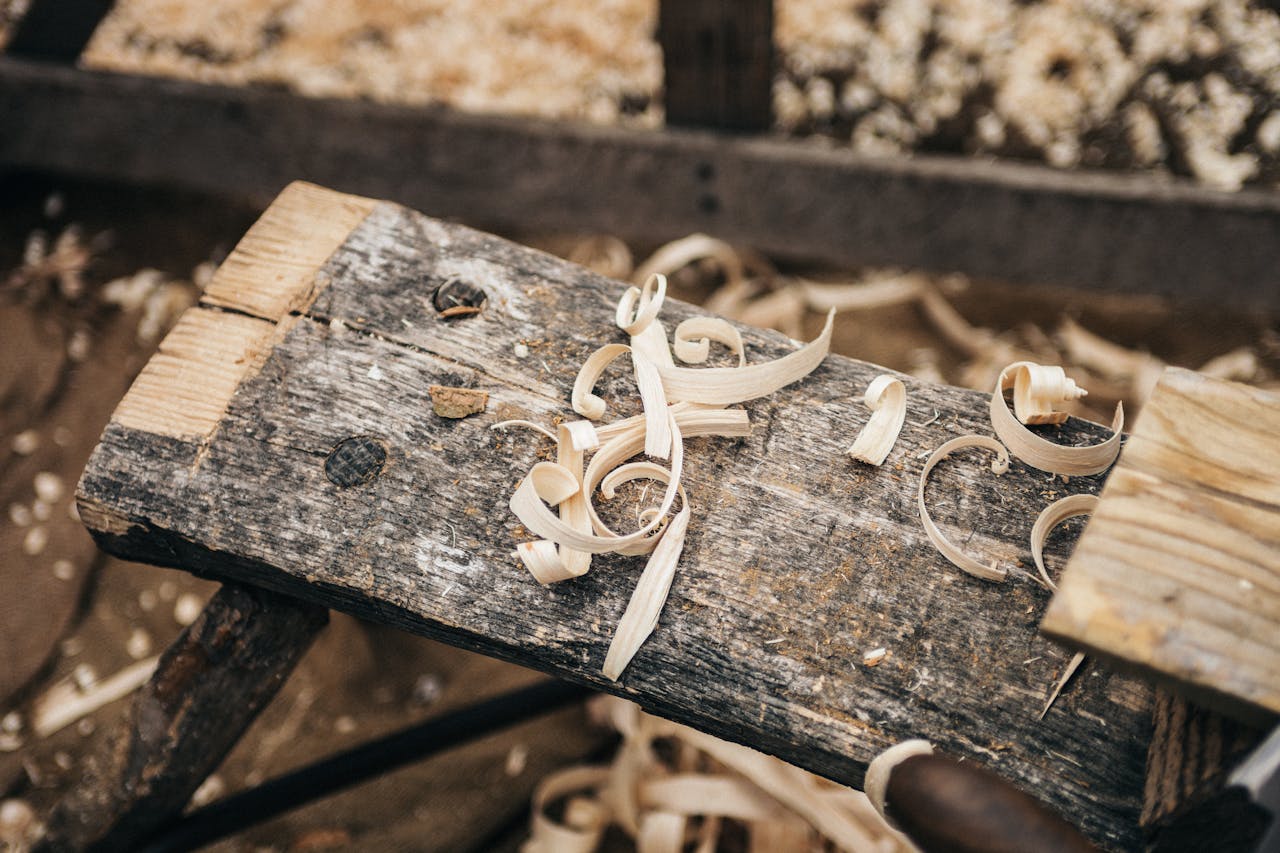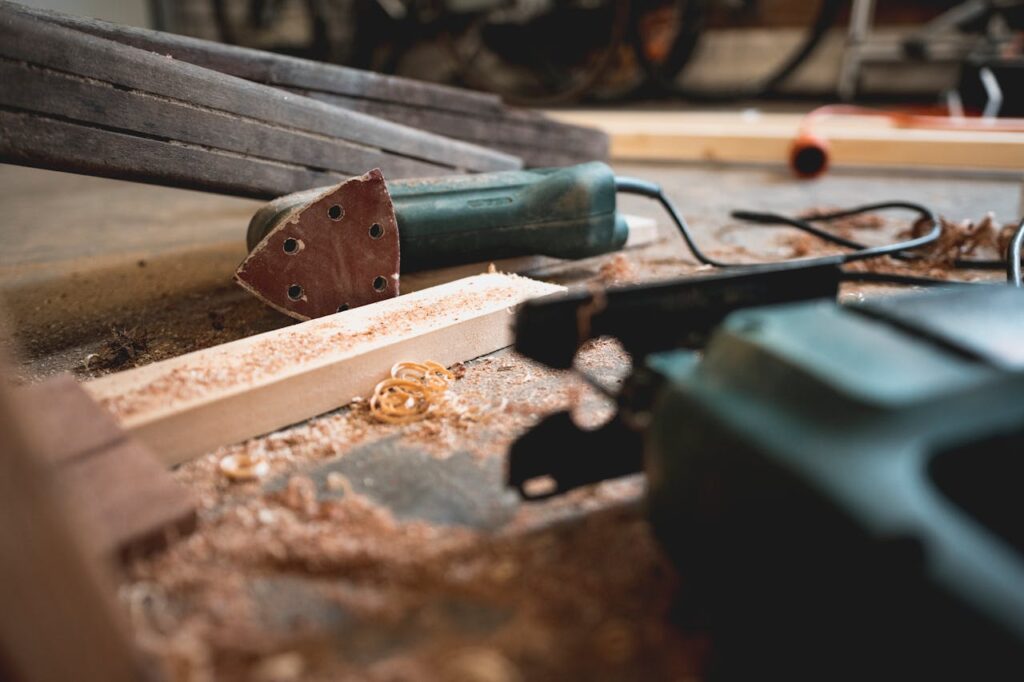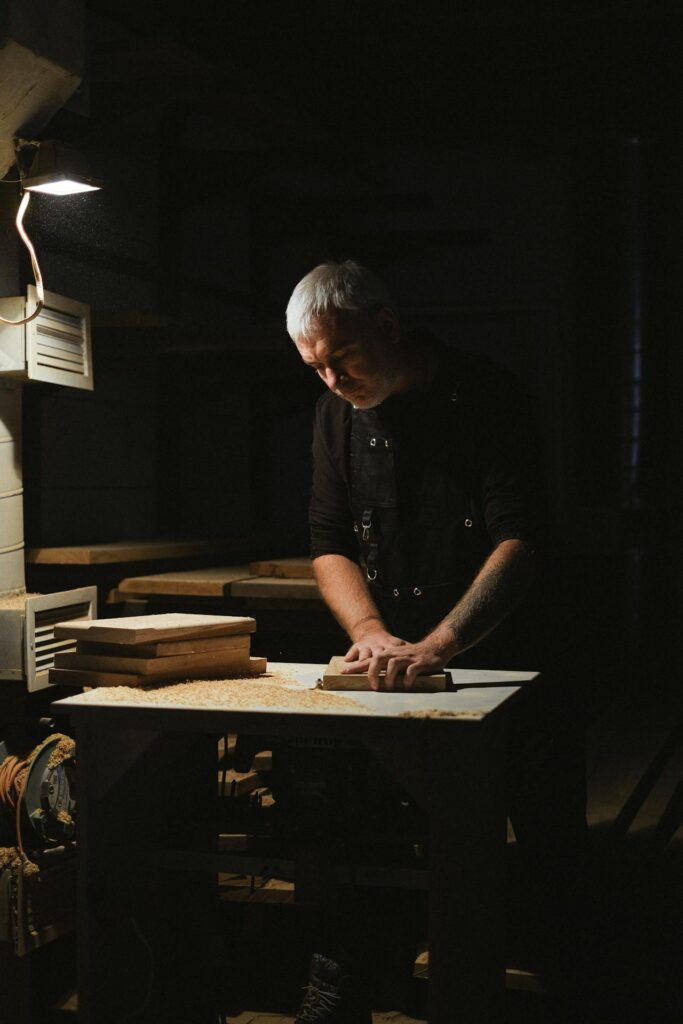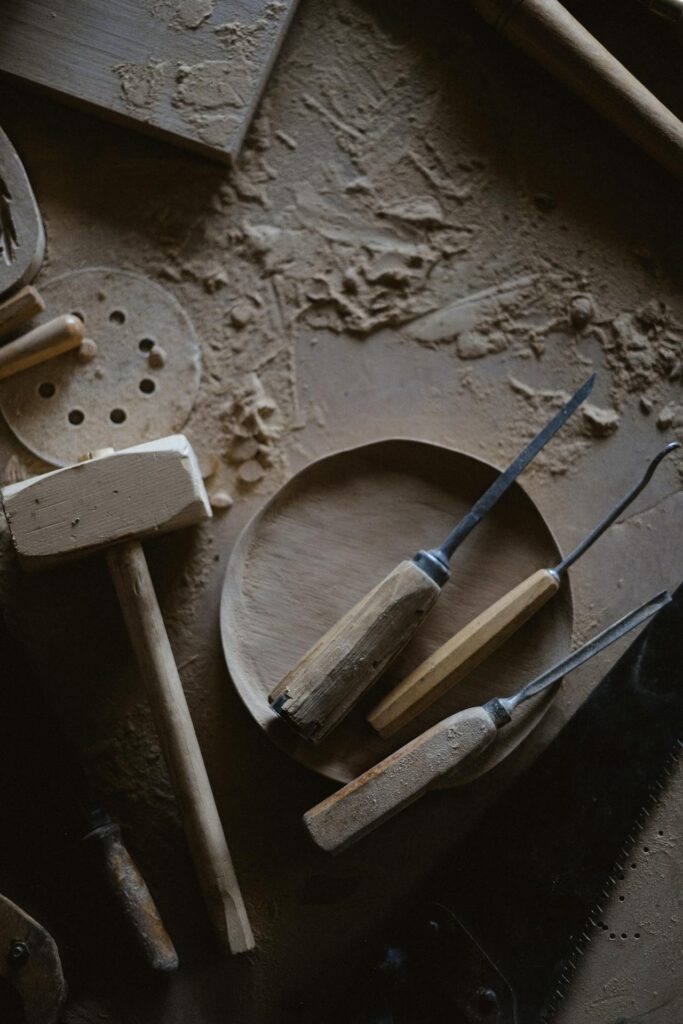Address
Sakiet Ezzit 3021, Sfax, Tunisia
Work Hours
Monday to Friday: 8AM -5PM
Address
Sakiet Ezzit 3021, Sfax, Tunisia
Work Hours
Monday to Friday: 8AM -5PM

At a Tunisian olive wood factory, skilled artisans transform raw wood into stunning, functional pieces. In this article, we explore the fascinating world of Tunisian olive wood manufactories, their traditions, suppliers, and the unique role they play in preserving this heritage craft.
Tunisian olive wood crafting dates back centuries, rooted in the country’s deep agricultural ties to olive cultivation. With olive trees being a staple of the Mediterranean landscape, Tunisia boasts some of the oldest olive groves in the world. These groves not only produce premium olive oil but also provide the raw material for olive wood factories, which uphold the tradition of handcrafted excellence.

In every olive wood factory, skilled artisans meticulously shape and polish each piece to highlight its unique grain patterns. This dedication to craftsmanship ensures that no two products are alike, making Tunisian olive wood items highly sought after for their individuality and quality.
Tunisian olive wood production is deeply tied to sustainability. Factories use wood from non-productive, pruned, or fallen branches, ensuring that no trees are harmed in the process. This eco-friendly approach has earned Tunisian olive wood factories a reputation for being environmentally conscious, aligning with global demands for sustainable products.
When it comes to olive wood products, Tunisian olive wood factories stand out for several reasons:
The journey of olive wood from grove to finished product is a meticulous one. Each olive wood factory follows a series of steps to ensure the highest quality:
Wood is carefully selected from sustainable sources, such as pruned branches or naturally fallen trees. Factories work closely with local farmers to ensure ethical harvesting practices.
The wood is air-dried for several months to reduce moisture content, preventing cracking or warping during crafting.
Using traditional tools and modern machinery, artisans shape the wood into desired forms. Each piece is then hand-polished to enhance its natural beauty.
To protect the wood and highlight its grain, a food-safe oil finish is applied. This final step ensures that products from Tunisian olive wood factories are both functional and beautiful.


The coastal city of Sfax is home to some of the most renowned olive wood factories in Tunisia. Known for their expertise and innovation, these factories produce a wide range of products, including cutting boards, bowls, and decorative items.
Across Tunisia, artisan cooperatives play a vital role in the olive wood industry. These groups support local craftsmen, providing them with access to resources and global markets. By purchasing from these cooperatives, customers can directly contribute to the preservation of traditional craftsmanship.
Many Tunisian olive wood factories cater to international markets, exporting high-quality products to Europe, the United States, and beyond. These factories adhere to stringent quality standards, ensuring their products meet global expectations.
In Tunisia, olive wood holds deep cultural significance. It symbolizes resilience, longevity, and a connection to the land. This cultural heritage is reflected in the craftsmanship of Tunisian olive wood factories, which strive to honor these traditions while embracing modern techniques.
When shopping for olive wood items, consider the following tips:
To maintain the beauty and longevity of your olive wood factory items, follow these care tips:
Tunisian olive wood factory is more than a place of production; it serves as a guardian of rich cultural heritage and a testament to centuries of artisanal excellence. By choosing products crafted in these factories, you not only acquire a piece of timeless beauty but also support sustainable practices and local artisans. We hope this article has deepened your appreciation for the artistry and tradition behind Tunisian olive wood. For more insights, explore our FAQs or visit a trusted Tunisian olive wood factory today!